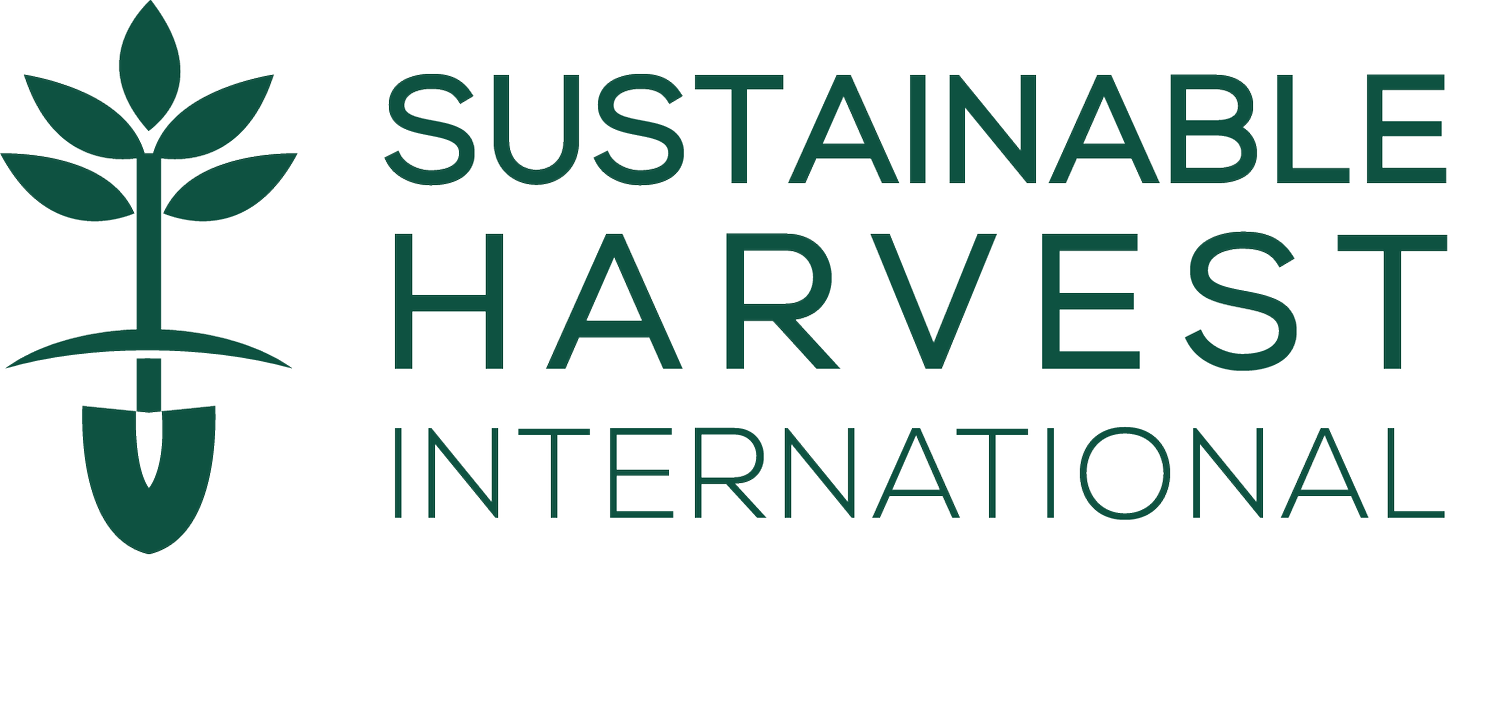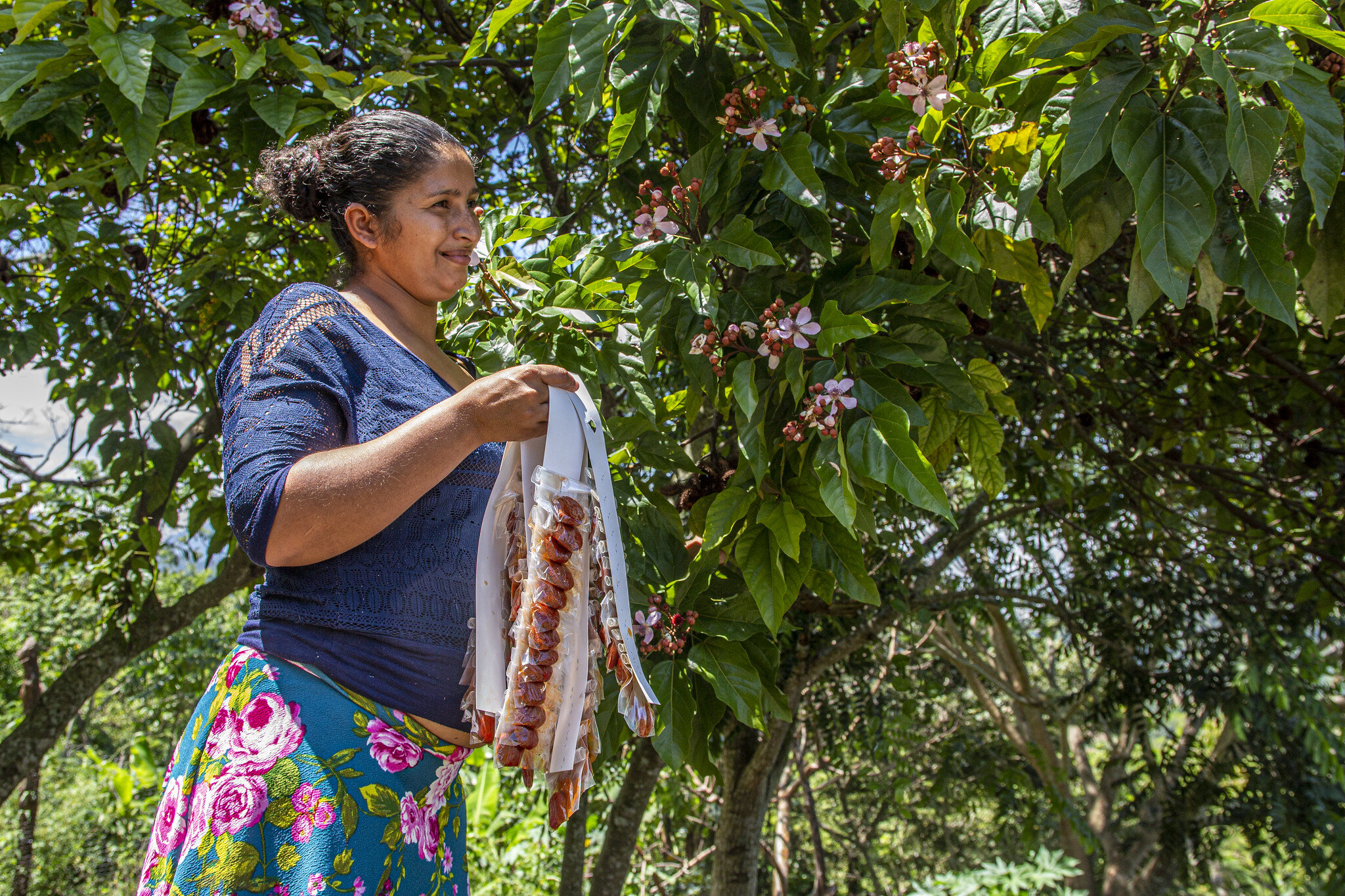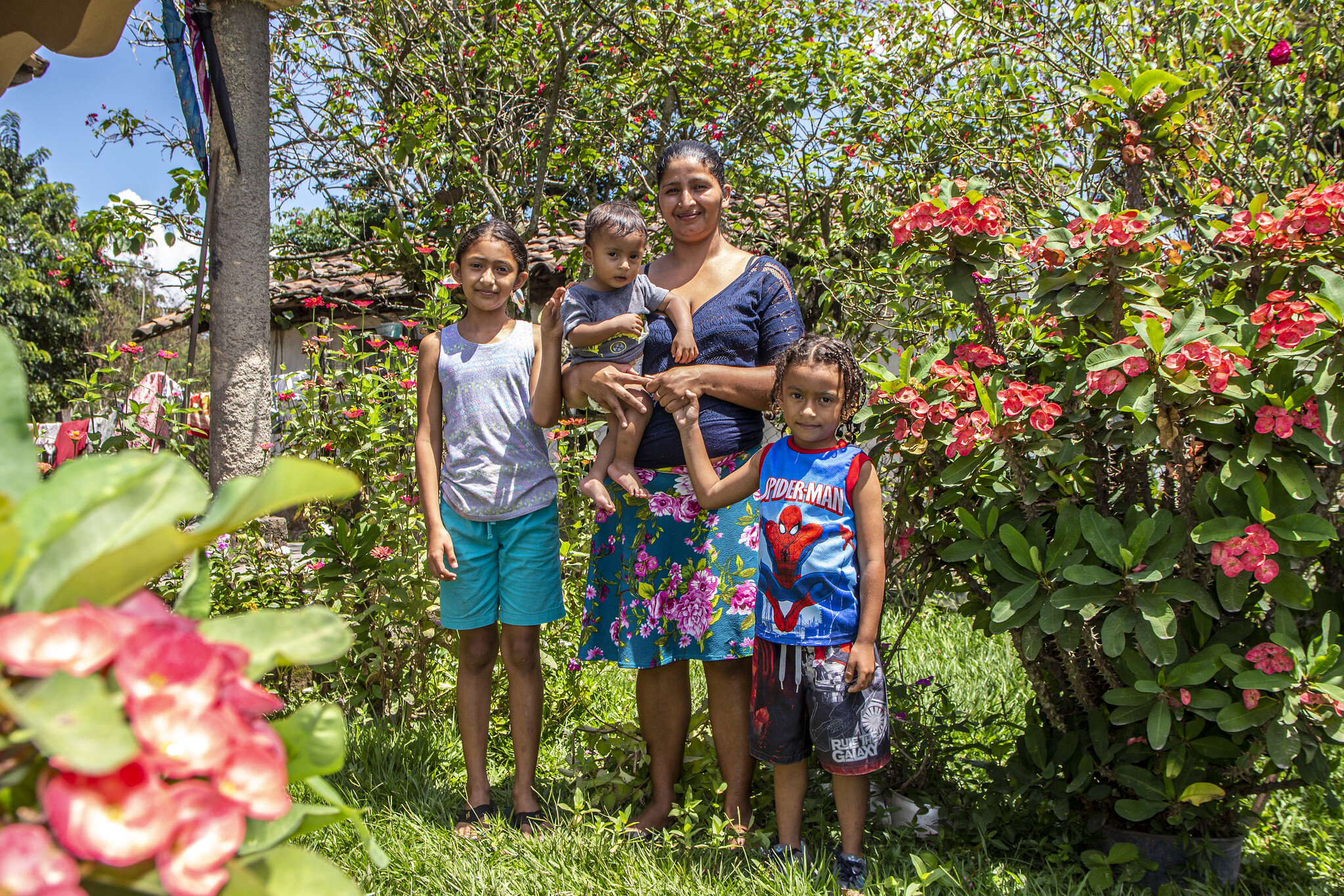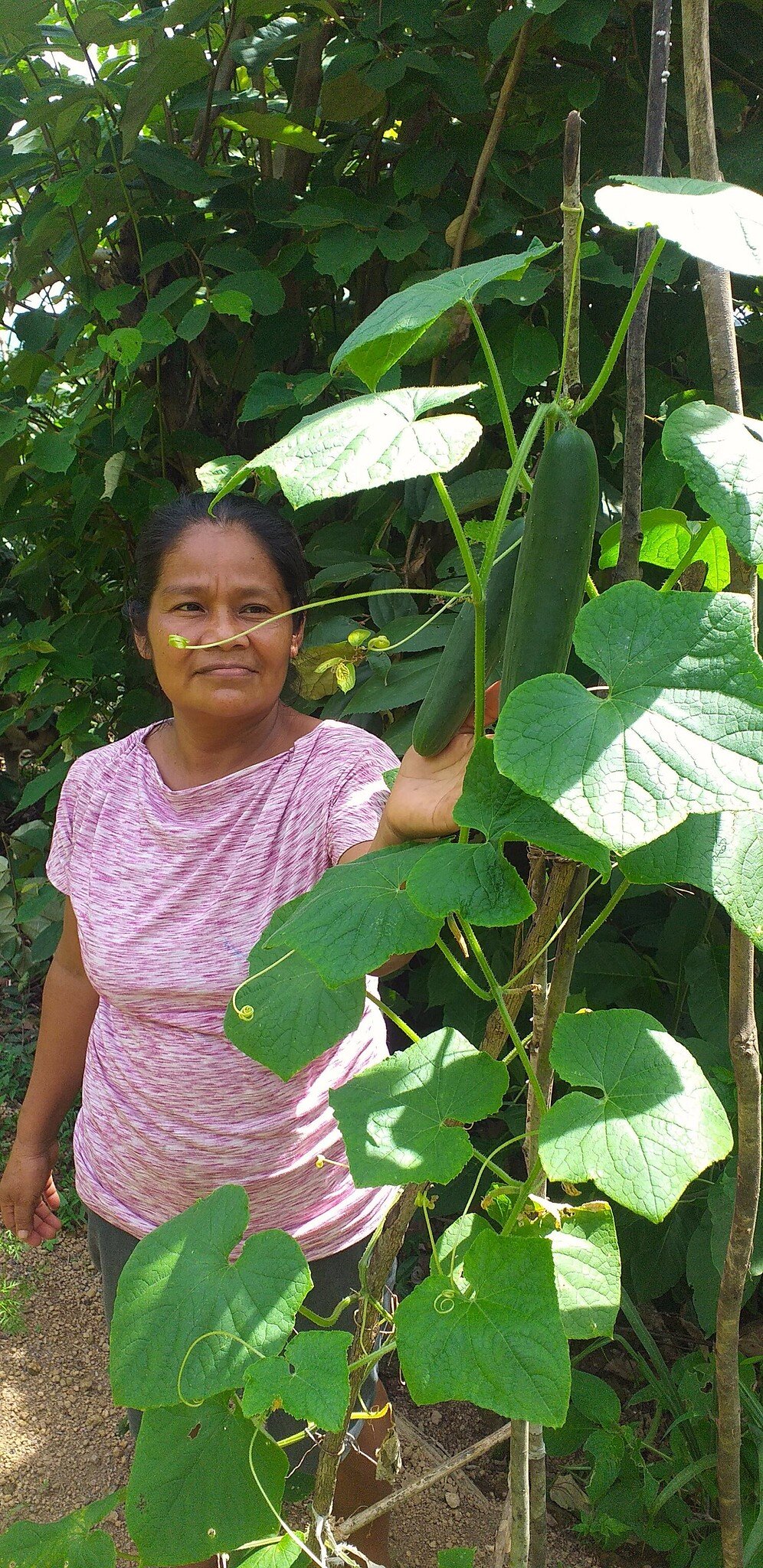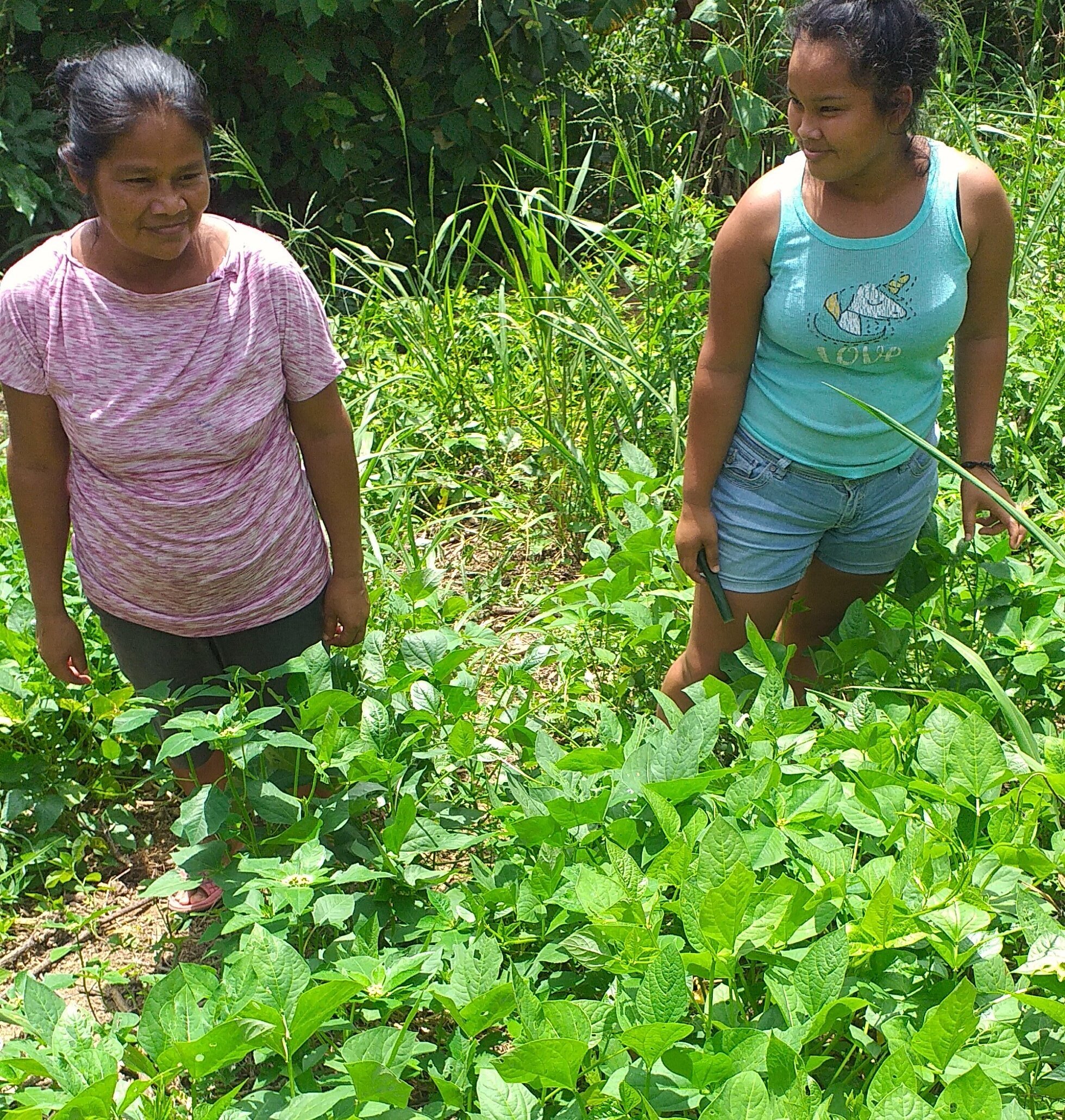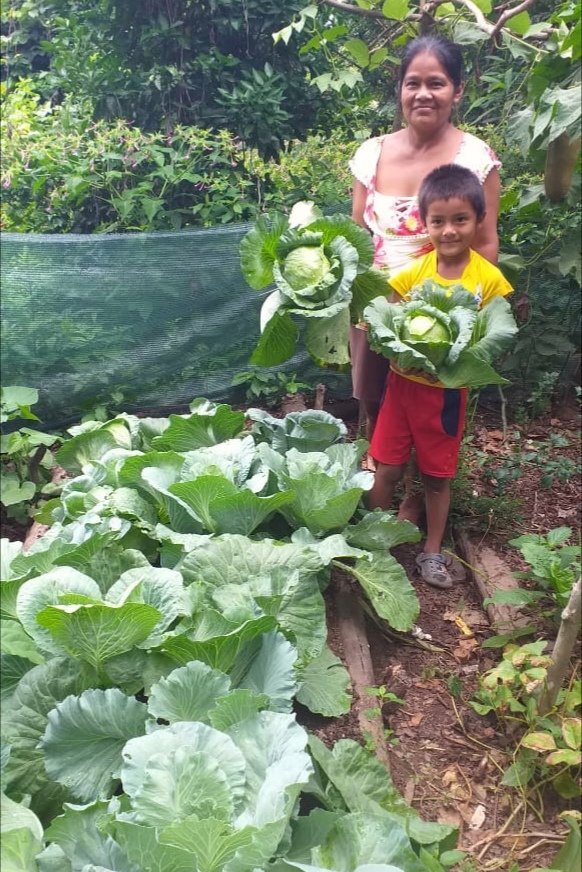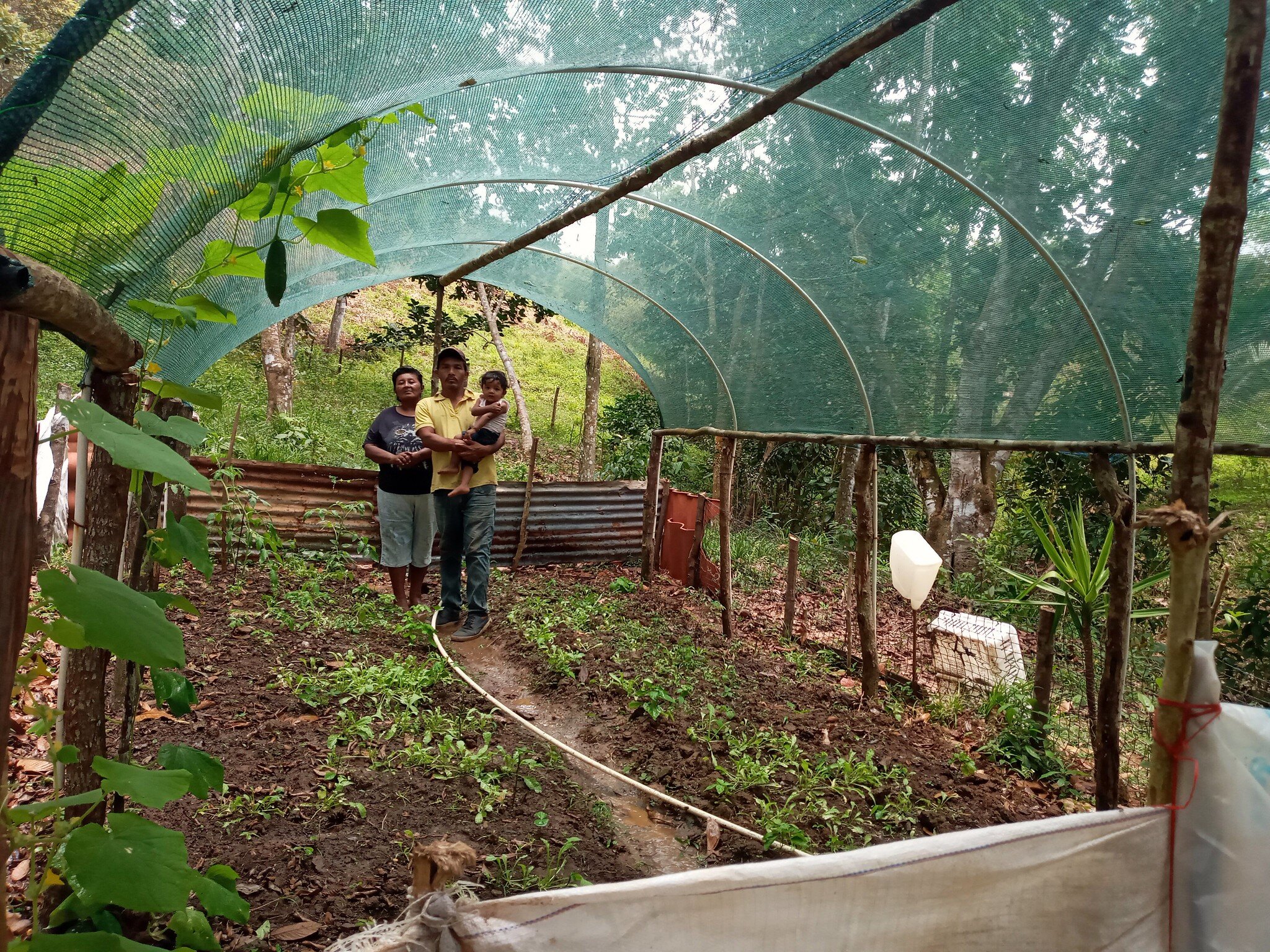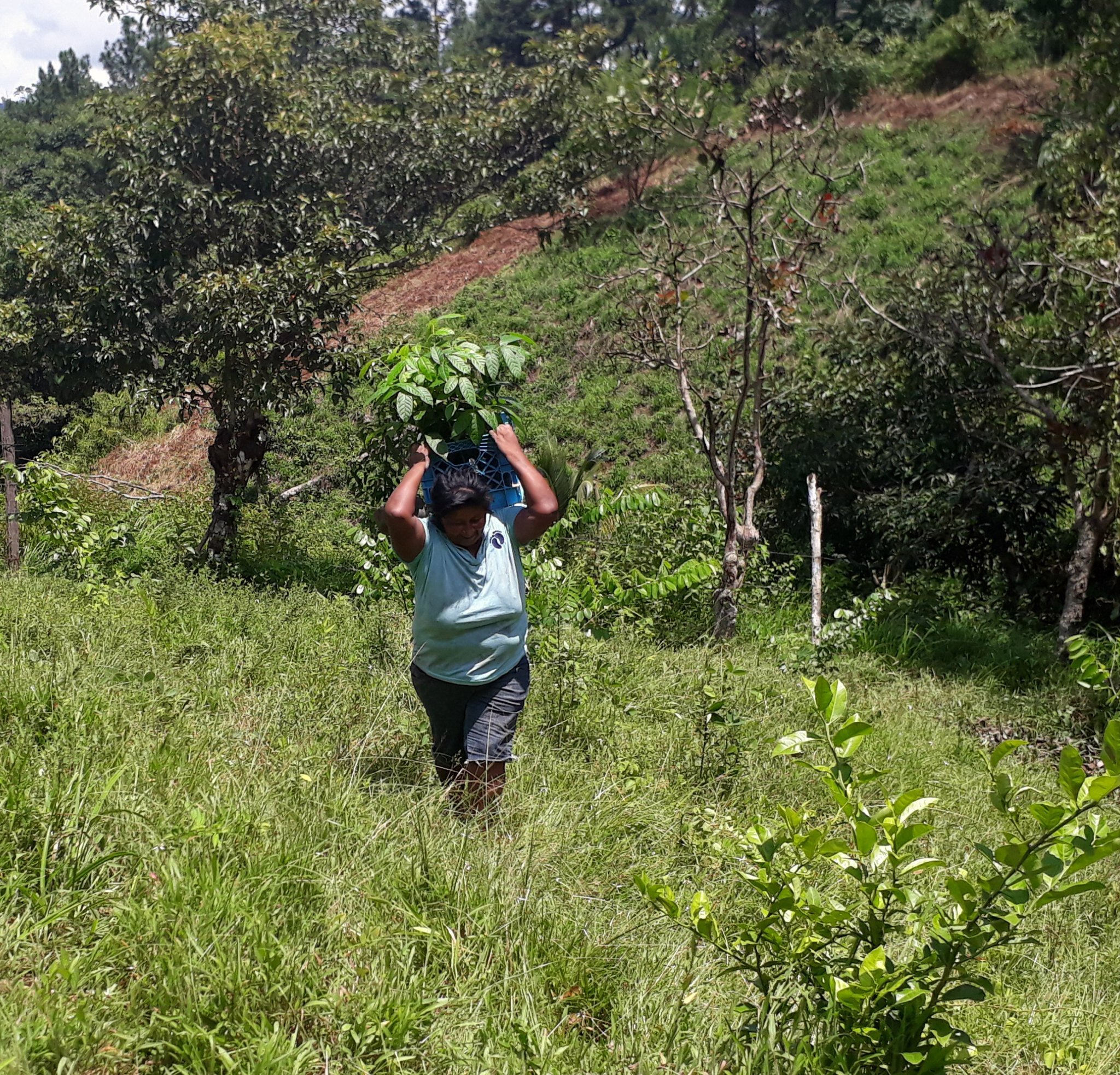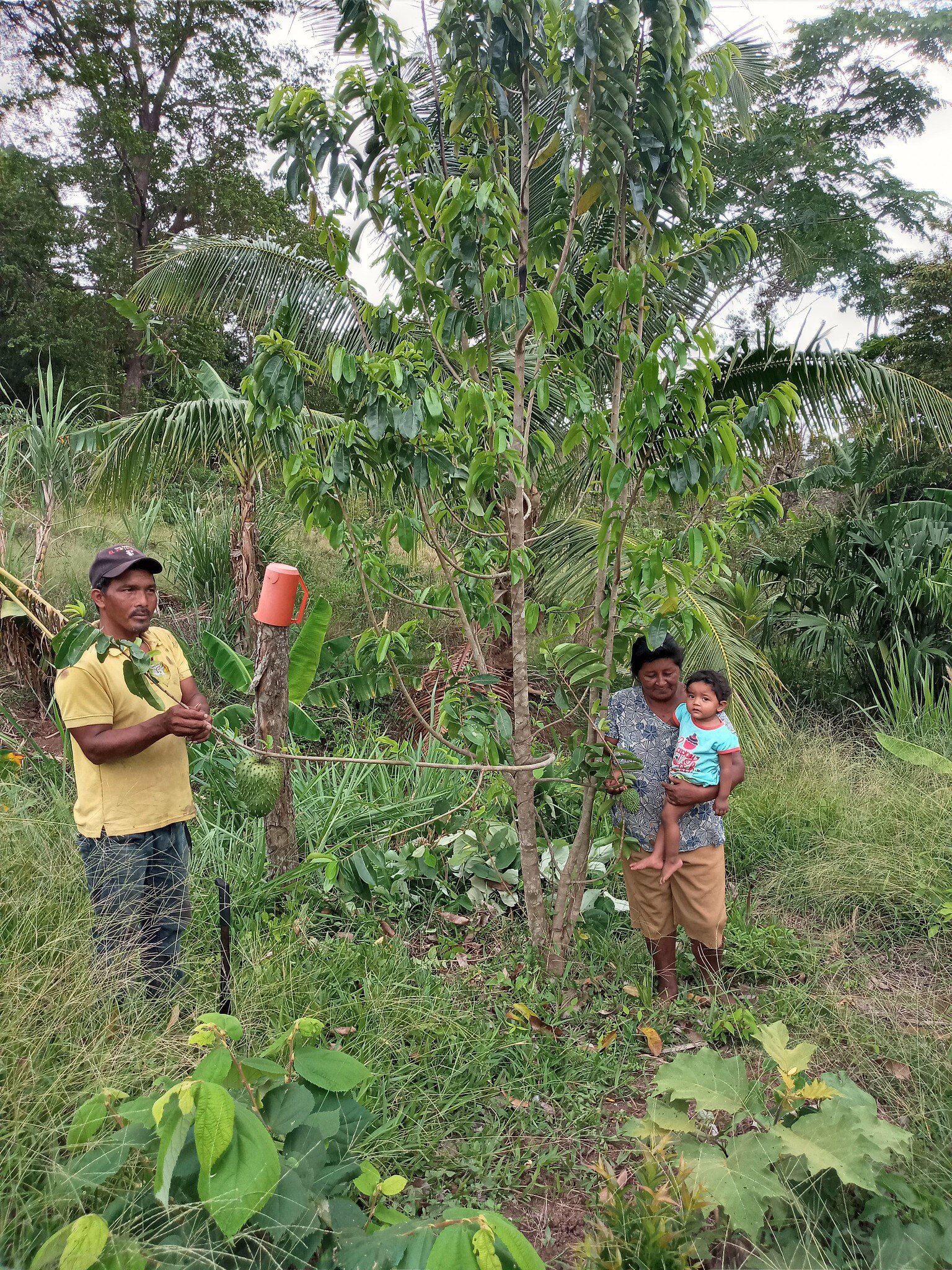Agricultural workers are notoriously undervalued, but none more so than women. Women face structural obstacles to accessing extension services, land, and political power. In fact, women represent a mere 20% of landholders worldwide and rural women are paid up to 40% less than their male counterparts. They are disproportionately responsible for unpaid domestic work and are more likely to experience food insecurity than men, a divide that has only been exacerbated by climate change and the global pandemic. The list of disparities goes on and on. But if given the same opportunities and recognition as men, rural women could radically improve their communities and our world. In fact, the FAO estimates that women farmers could increase agricultural yields by 20-30%, lifting 100-150 million people out of poverty.
“Globally, with few exceptions, every gender and development indicator for which data are available reveals that rural women fare worse than rural men and urban women and that they disproportionately experience poverty, exclusion, and the effects of climate change.””
At SHI, we believe that an investment in rural women is a solid investment in a much better (and healthier) world. This International Day of Rural Women (October 15) and World Food Day (October 16), we’re celebrating our world’s unsung food heroes. We hope that the words and stories of SHI’s female field trainers and partnering farmers inspire you, as they inspire us.
DAMARIS DE LA ROSA, SHI Field TRAINER
✪ Corozal, Belize
Damaris grew up in a small, subsistence-farming community three hours away from the closest town. As a child, she and her siblings accompanied their father as he planted and harvested corn and beans. She fondly remembers how her father would make a small hole in the ground that they’d then fill up with seeds. They loved helping him plant and tend cucumbers, cilantro, tomatoes, peppers, pumpkins, among many other vegetables, in their backyard. She grew to love and appreciate the important role farming plays in family and community life.
Damaris explains the benefits of SHI’s wood-conserving stoves
“In the children of SHI participants,” says Damaris, “I see myself as a child, eager and curious to learn and help in the field. I empathize with the people I work with and I feel I have so much in common with them since I grew up in an environment similar to theirs. They have so much to contribute to their small community and this world. For this reason, I think that agriculture has formed a vital part of my life and professional development.”
Damaris notes that women face structural inequalities that “limit the recognition and full appreciation of their reproductive, productive, and community work.” She remembers that when SHI-Belize began working in the communities of San Luis and Chunox, “it was a difficult task to get women as involved in the field as men. The families had a mentality that women are only to raise the kids, clean the house, and prepare food.”
Damaris believes that women have a unique perspective that is focused on healthy, local food that supports their families and communities. From the business of farming to the field itself, Damaris sees how women, if given the right opportunities, can transform the way that food is produced.
Damaris and SHI participant farmer Candida Chi in front of Candida’s new chicken coop in March 2018
She’s witnessed how women in these communities are now taking the initiative to lead workshops and teach new skills to other community members. In fact, women in the SHI-Belize program are the ones leading the animal husbandry projects which provide additional income and an important source of protein for family diets. Damaris reports witnessing these women farmers step into leadership roles at both the community and family level over the course of their partnership with SHI. It is important for these women to take charge of local agricultural production and the well-being of their families, especially given the extended absence of male family members during the annual cane harvest.
As Damaris notes, “Women in agriculture are helping pave the way for a better future.”
Ileana Figueroa, SHI FIELD TRAINER
✪ Siguatepeque, Honduras
Ileana has been involved in farming since she was a little girl. She grew up in a farming community where her family produced different basic grains. She obtained an agricultural degree from a local university and continues to apply knowledge gained from personal experience and her degree to her work with SHI.
Ileana leads a workshop on organic fertilizers in the community of Nueva Suyapa in June 2021
“Women have historically played an important role in promoting agriculture, harvesting the seeds of fruits and vegetables, and growing them as crops near their homes. Women continue to play a very important role in food production today. We are in charge of guaranteeing the food security of our families by producing our own food in a sustainable way in harmony with the environment, and guaranteeing healthy food for our families.”
“The majority of the women [we work with] are the ones in charge of weeding, fertilizing, and preventive spraying of their gardens since their husbands go to work far from home very early in the morning. These women are responsible for harvesting and processing the delicious food that comes from vegetables organically grown in their own gardens. Before working with SHI, some families bought vegetables while others only ate beans, rice and tortillas. Now that they’ve diversified their diets, incorporating more nutrients in their meals, they’ve improved their quality of life and those of their family members.”
“SHI trains women in a variety of different topics, including food cultivation, home safety, value-added agriculture, and leadership so that they are revered in their community as leaders and agents of change.”
MARIBEL OJO, SHI FIELD TRAINER
✪ Penonome, Panama
Maribel constructing a hoop house in the community of Aguas Claras in November 2020
Maribel has been farming her entire life. Her mother and father were farmers, and farming was part of her everyday life. Her mother was part of a group of organic producers, and Maribel supported her in every aspect of that work.
“I loved going to the plot where my mother had culantro, peppers, and tomatoes. We sold the culantro to the Decameron Hotel and I would deliver 40 bunches every Friday. The rest we sold in the market in the capital city. So I would spend some days in the field and every Friday I would make deliveries. I always loved working the land and now that I work with Sustainable Harvest International, I still take the time to grow my own vegetables including corn, taro root, cassava, yam, and pigeon peas.”
“To find a job like the one I am doing was the best thing that could have happened to me because every day I learn more and every day I am more involved with families that inspire me in one way or another to continue working in agriculture. It is immensely rewarding to work with these families. I love the work I do every single day.”
“A very important role that women play in the communities where I work is that they are the ones that stay at home when their husbands leave for work and they are the ones that are in charge of the garden or the plots where we work. They are independent and empowered by the work they are doing with SHI.”
ROSA ARGUETA, SHI PARTICIPANT FARMER
✪ San Benito, Honduras
Rosa and her family of six just began their partnership with SHI this past year. Like many other partnering families, her family planted and harvested corn and beans but bought all their vegetables. They simply didn’t believe they could harvest vegetables from their own backyard. Since working with SHI-Honduras field trainer Consuelo Hernández, they’ve been working to regenerate their soil and take advantage of resources already available on their own land. An already-established achiote tree, for example, will now generate income for the family as Rosa learns how to process its seeds. She’s also been learning to make and incorporate organic inputs like bokashi fertilizer, salfocalcium broth, madrifol, and forefun. And in just one year, they’ve harvested radishes, cucumbers, mustard, green onions, tomatoes, cilantro, beets, beans, and sweetcorn.
In Rosa’s words: “We didn’t have knowledge of what we were doing… We have not returned to buying [vegetables] because now we have enough in our own garden. We have also begun taking advantage of the achiote which before we wasted. Thank you for giving us the opportunity to become a part of the SHI program. It’s a great help. It’s a way to make things that we immediately use in our household.”
Paubla González, SHI Participant Farmer
✪ Cerro del Medio, Panama
As the head of her household, Paubla has been raising her four children (one son and three daughters) since she was quite young. She has done everything in her power to support her family and see them get ahead. She worked tirelessly in conventional agriculture, planting rice, corn, and cassava. She raised chickens because she knew they’d help feed her family and generate extra income. “Paubla is the type of woman that when she speaks, you immediately realize that she has many dreams and goals that she wants to achieve,” notes SHI-Panama field trainer Daysbeth López. Paubla is particularly proud that, despite the many obstacles her family has faced over the years, all of her daughters obtained at least a sixth grade education. According to Daysbeth, the entire family is notably engaged in the SHI program, supporting and cheering each other on.
“When SHI came, I was always willing. I saw an opportunity since what I was going to do was on my own land. In that way, I could learn more. In my garden, I have had good results. I have eaten what I’ve planted. And in the midst of the pandemic when everything was so scarce, I could sell produce to my neighbors and, in this way, acquire other necessities. For the first time, I planted cabbage, lettuce, celery, Chinese culantro, mustard, parsley, and pineapple. All of this is fertilized with organic fertilizer made at home. I am very happy. I want to learn more and expand what I grow.”
Valentina Rodríguez, SHI Participant Farmer
✪ Aguas Claras, Panama
Valentina lives with her husband, daughter, and two grandchildren in the community of Aguas Claras, Panama. Field trainer Maribel Ojo describes Valentina as a “hard-working woman, a fighter without any reservations.” Her long-time dream has been to reforest her land with native species and fruit trees. In fact, she’s been raising eyebrows in her community for being so adamant about reforestation. She tells us that her neighbors think she’s downright crazy. Why would she cover her land with trees when she could be growing more food? For Valentina, she’s planning on doing both. Plus, for her, it’s quite simple — she’s planting trees with her grandchildrens’ future in mind. These trees, she says, are her legacy. Deforestation is everywhere, and she wants to ensure that her grandchildren will always have access to a healthy, biodiverse, and tree-filled environment. And when she begins harvesting an abundance of food from her reforested land, she hopes she’ll inspire her neighbors, too.
“I am very grateful to [SHI] for everything they’ve done to support my dream of having a farm of timber and fruit trees. I lacked the resources and necessary tools to prepare the land. It was impossible for me to do it alone. I am very grateful because in the not-so-distant future, my grandchildren can enjoy the fruit of these fruit trees while sitting underneath a wonderful canopy.”
We’re proud that our team and our work mirrors SHI’s commitment to gender equality. 50% of our team — from senior leadership to program staff — are women. At the program level, 41% of all our partnerships are led by women, a number that will only continue to grow. Research shows that women learn best from other women, making female field trainers critical to breaking barriers faced by many of our partnering farmers.
